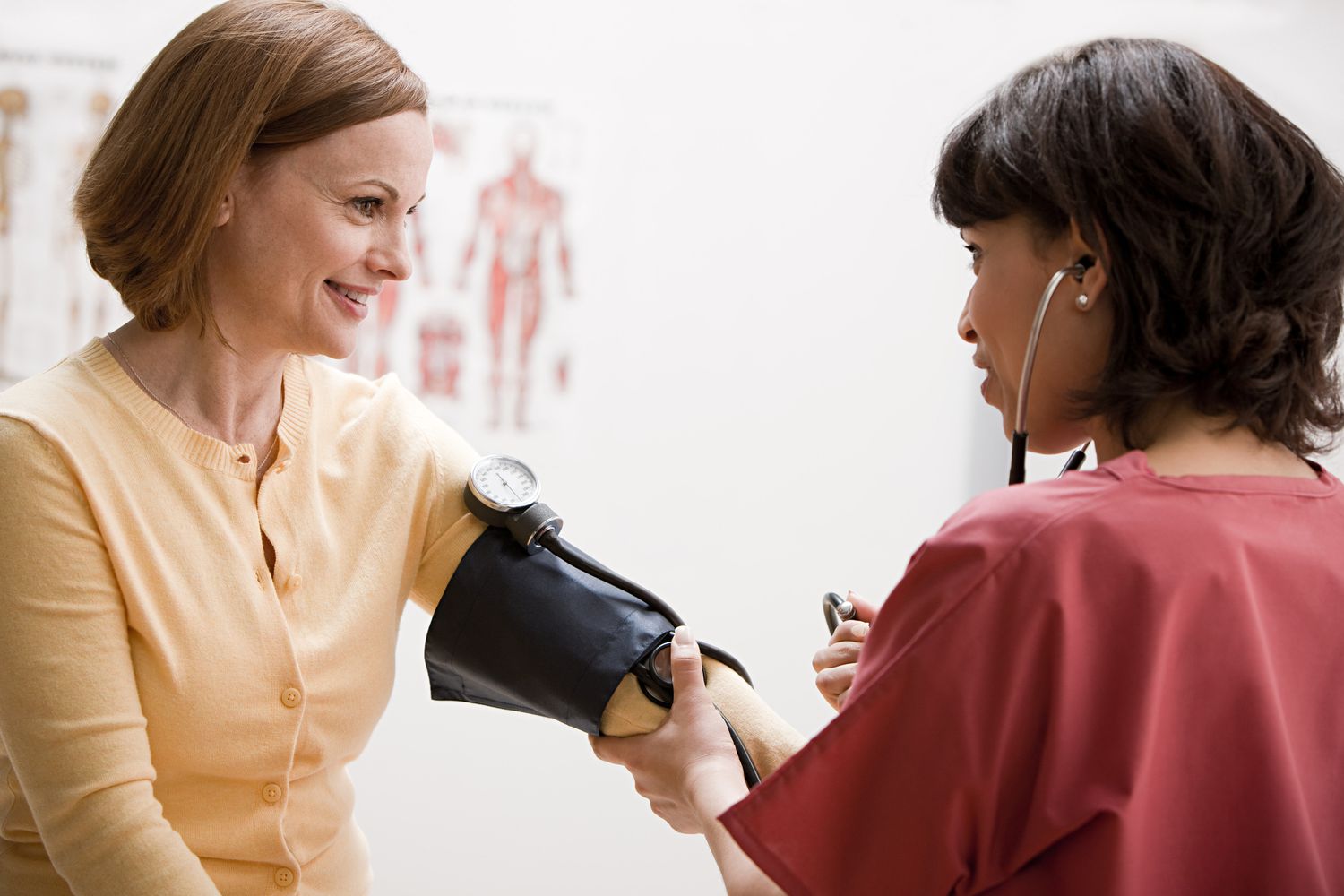Hypokalemia, also known as potassium deficiency, is a medical condition in which the body does not have enough potassium to function properly. Potassium is an essential mineral that plays a crucial role in many bodily functions, including muscle contractions, heart function, and fluid balance.
Symptoms of Hypokalemia
Symptoms of hypokalemia can vary depending on the severity of the deficiency, but they may include:
Weakness and fatigue
Muscle cramps and spasms
Constipation
Abdominal bloating
Irregular heartbeat
Nausea and vomiting
Confusion and difficulty concentrating
Loss of appetite
Increased thirst
In severe cases, hypokalemia can lead to more serious complications, such as heart failure, kidney damage, and even death.
There are several potential causes of hypokalemia, including:
Medications: Certain medications, such as diuretics, laxatives, and steroids, can cause potassium loss in the body.
Medical conditions: Some medical conditions, such as kidney disease, diabetes, and alcoholism, can lead to hypokalemia.
Malnutrition: A diet low in potassium can lead to deficiency.
Excessive sweating: Heavy sweating can lead to loss of potassium.
Alcoholism: Alcohol consumption can increase potassium loss through urine and diarrhea.
Laxative abuse: Overuse of laxatives can cause potassium loss in the body.
Treatment of Hypokalemia
Treatment for hypokalemia typically involves increasing potassium intake and addressing any underlying causes.
Diet: Eating potassium-rich foods, such as bananas, oranges, sweet potatoes, and spinach, can help increase potassium levels.
Supplements: Potassium supplements can be taken orally or intravenously to increase potassium levels.
Medication adjustments: If medication is causing potassium loss, a healthcare provider may adjust the dosage or switch to a different medication.
Medical treatment: In cases of underlying medical conditions, such as kidney disease or diabetes, treatment will focus on managing those conditions.
Avoiding alcohol and reducing or stopping laxative abuse: These can cause potassium loss and should be avoided.
It is important to note that severe hypokalemia requires emergency medical treatment. In these cases, potassium may need to be given intravenously to quickly raise potassium levels.
In conclusion, hypokalemia is a medical condition in which the body does not have enough potassium to function properly. Symptoms of hypokalemia can vary depending on the severity of the deficiency and can include weakness, muscle cramps, and irregular heartbeat. The main causes of hypokalemia are medications, medical conditions, malnutrition, excessive sweating, alcoholism, and laxative abuse. Treatment for hypokalemia typically involves increasing potassium intake and addressing any underlying causes. It is important to see a healthcare provider if you suspect you may have hypokalemia and to seek emergency medical treatment if experiencing severe symptoms.

 Home
Home Health
Health Diet & Nutrition
Diet & Nutrition Living Well
Living Well More
More












